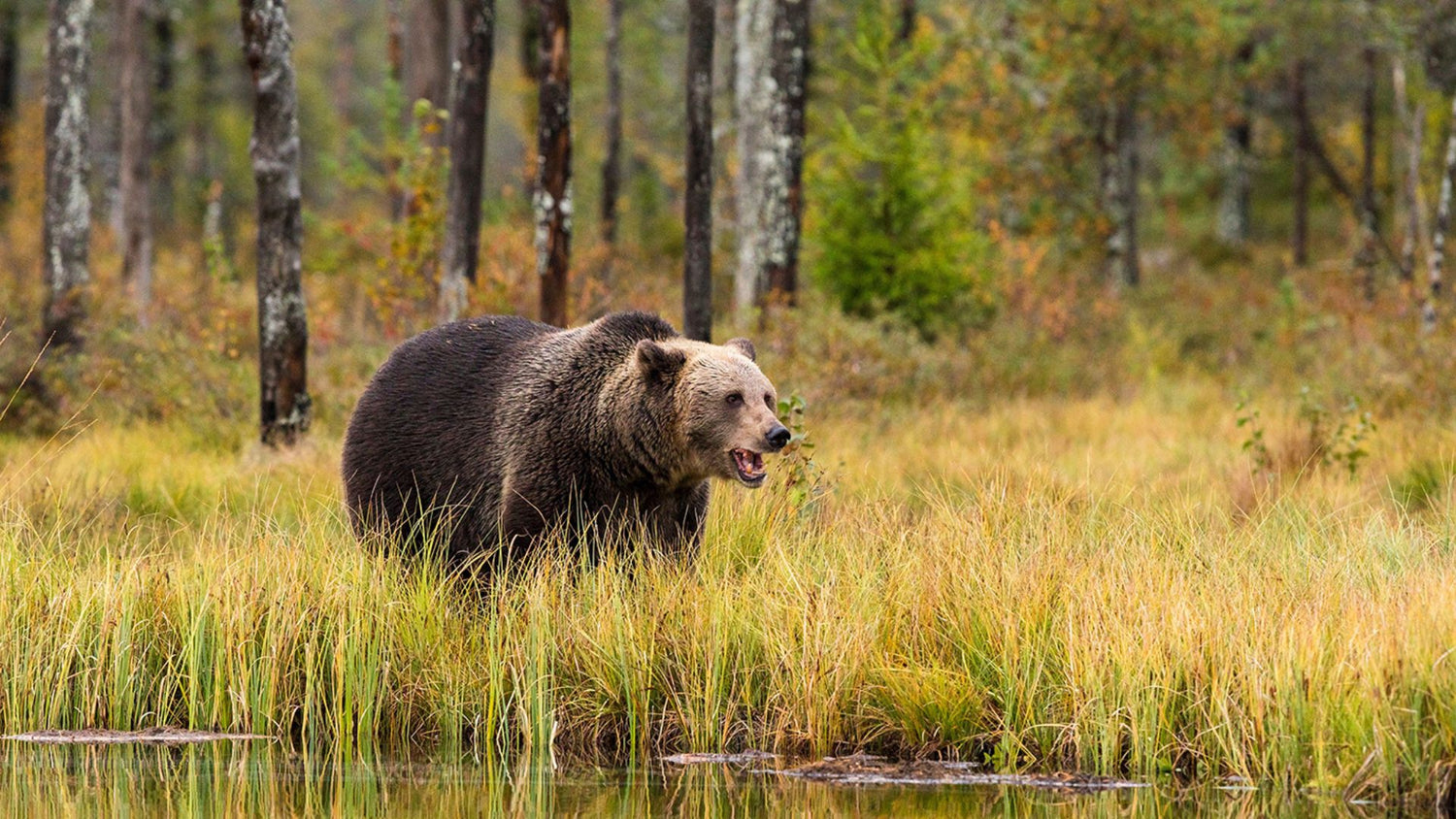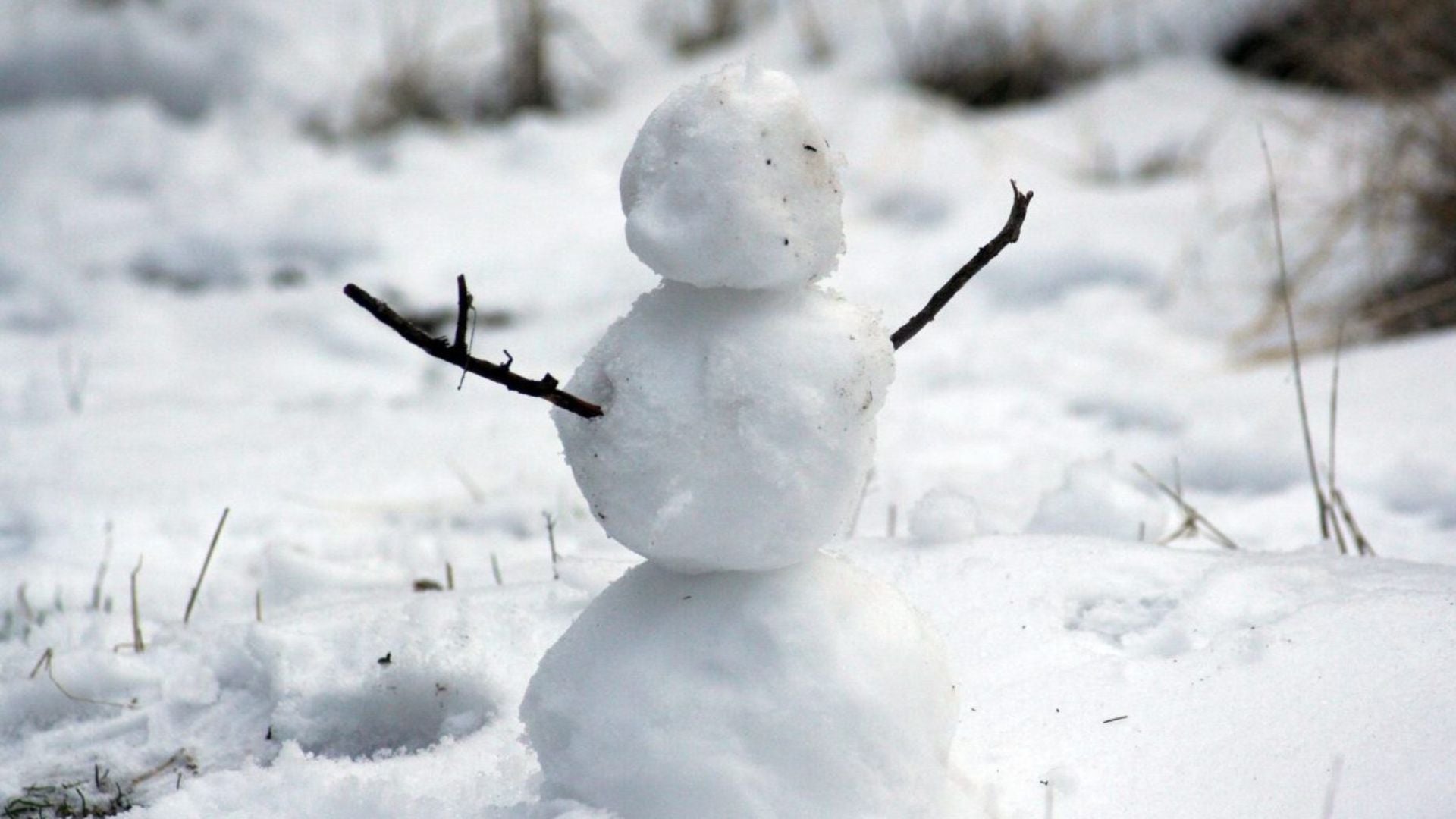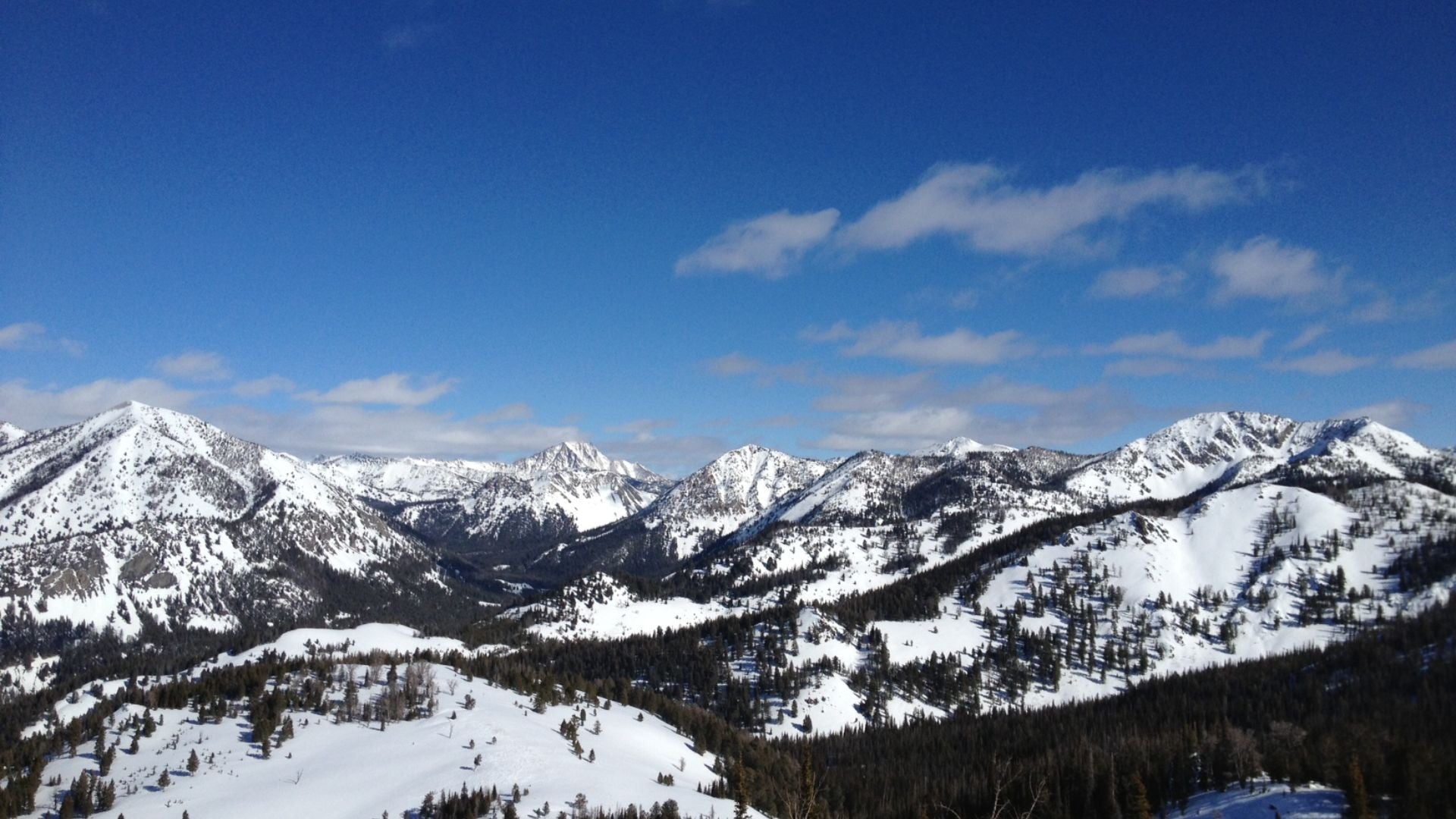Encounters between humans and bears are rising in number. Why? The weather partially explains it. Warmer temps keep bears active longer. But the main reason, all things considered, is more likely to be the increase in the number of bears. Wyoming, for instance, estimates triple the population of grizzlies (about 200 to more than 600) in the Yellowstone ecosystem since the mid-1970s. As Brian DeBolt, the bear management officer for Wyoming Game & Fish, told the Casper Star-Tribune: “ … if you’ve got more bears, you are going to have more conflicts.” And hunters top the list of possible victims because they walk around quietly, stalking game in bear country, and smelling like dinner.
Statistically, your chances of being killed by a bear, thankfully, are slim, but, to reduce the chances to an absolute minimum, here are three basic rules concerning bears:
- Hike and camp in a manner designed to avoid bears. In known bear country, avoid areas that are used often by bears – trails with bear tracks and bear scat, trails through berry patches, and trails through dense brush and thick forest. Avoid areas that smell of decaying meat. Bears like to cover their uneaten food and camp nearby to finish it off later. If possible, camp in the open. Cook food at least 100 yards from sleeping sites. If camping near a river, sleep upriver from the cook-site. Night breezes tend to blow down river, pushing the food smells away from the sleeping bags. Camp cleanly: Avoid wiping food-stained hands and utensils on clothing. Avoid spilling food on the ground. Avoid fish and greasy food. Pack food and other odorous stuff (such as toothpaste and gum) in a separate bag so the smells don’t get into pack and clothing. Hang the food at night, if possible, out of bear-reach from the ground and from the trunk of the tree.
- Hunt in a group large enough to ensure a measure of safety. Bears like a measure of safety, too, and have not attacked a group of four or more in recent history.
- Strive to never surprise a bear. Bears, particularly grizzlies, do not accommodate people up close and personal. Mother bears need even more room. Push their comfort zone, and they tend to either attack or run away. Once smelling or hearing humans, almost all bears will run away.
Surviving a Bear Encounter
A surprised bear that has seen the surpriser cannot be predicted to act in a certain way. Hopefully, he or she will turn and run. If the bear doesn’t run, speak in a calm, quiet voice. Back away slowly, but do not run. Running encourages the bear to play chase, a game the bear will win. If the group of people is four or more, it usually works best to maximize the threat to the bear. The people should stand close together, raise their arms, speak in a reasonably loud and assured voice, identifying themselves as humans, the age-old nemesis to the bear. Statistics say the bear will retreat. Bears who feel threatened turn to the side, displaying their size. They will often woof aggressively. They may charge toward the threat, and suddenly stop. These are invitations for the human to retreat. It is advisable to do so, but, remember, no running. It is best to back off slowly and keep speaking in a calm voice (which may be difficult by now). Humans without backpacks may benefit from turning to the side while backing off, an act that makes you look smaller and less intimidating. Climbing a tree is seldom worth the effort. Black bears climb like squirrels, and grizzlies will climb into the lower branches at a very fast rate. Avoid eye contact with the bear, an act of aggression.
Surviving a Bear Attack
If the bear actually attacks, different tactics are called for depending on the species of bear. Black bears seldom attack seriously unless they are hungry. They are not used to having food fight back, and it is statistically best to counter-attack, doing all possible to convince the black bear to dine elsewhere. If the bear is a grizzly, assuming a least-threatening posture – playing dead – is the best tactic. Curl up to guard vital parts, clasping hands protectively behind neck. The brown bear may take a few bites, but then leave you alone. If, however, a grizz does not soon lose interest, fight back as aggressively as possible. Remember, the best offense is a good offense!
Recommended Gear List:
First Aid Kit – AMK’s Mountain Explorer Medical Kit. Includes a wound irrigation system and enough wound care supplies and pain medications to treat to 1 – 14 hunters on trips of up to two weeks.
Hemostatic Bandage – AMK’s Trauma Pak with QuikClot®. The US Military-approved QuikClot stops serious, even arterial, bleeding in as little as five minutes.













